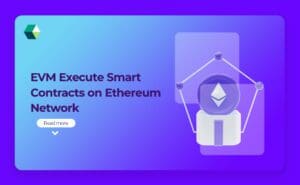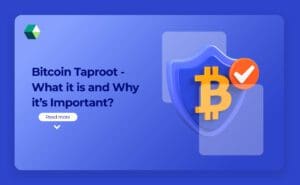Discover how smart contracts automate digital trust. Explore real-world examples, benefits, and key challenges of using self-executing code in digital agreements.

Smart Contracts represent a revolutionary approach to automating and securing transactions. As the complexity and scope of smart…

The Ethereum Virtual Machine (EVM) is a key component of the Ethereum blockchain network, enabling the execution of…

Self-Executing Contracts, also known as smart contracts, are reshaping the landscape of Web3 Technologies by offering a novel…

Ethereum is a groundbreaking platform in the world of Blockchain Technology, known for its capability to facilitate smart…

Decentralized Finance (DeFi) is changing how we think about money. One of the most important parts of DeFi…

In the evolving landscape of digital media, managing content distribution and payments has become increasingly complex. Smart contracts…

Liquidity Mining is a key component of the decentralized finance (DeFi) ecosystem, allowing users to earn rewards by providing…

Smart contracts have changed the way we use decentralized applications (dApps) and blockchain technology by making agreements automatic…

Bitcoin is always evolving to become better, and one of its big upgrades is called Taproot. Activated in…